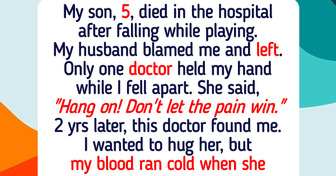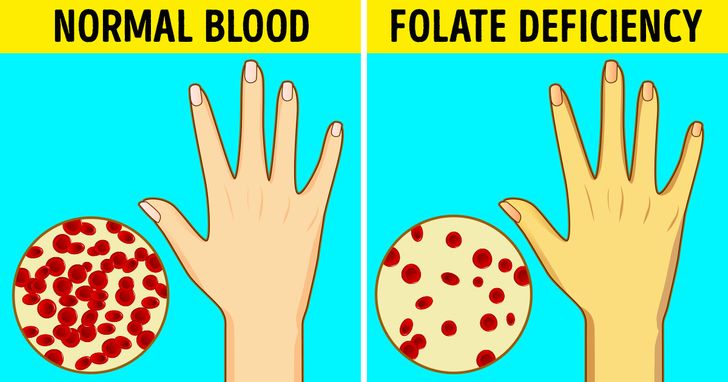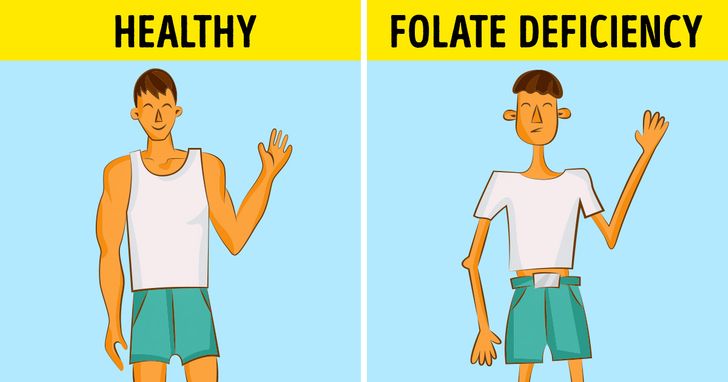My Centrum Silver multivitamin has 300 mcg (75%) of Folic Acid
7 Signs Your Body Needs More Folic Acid
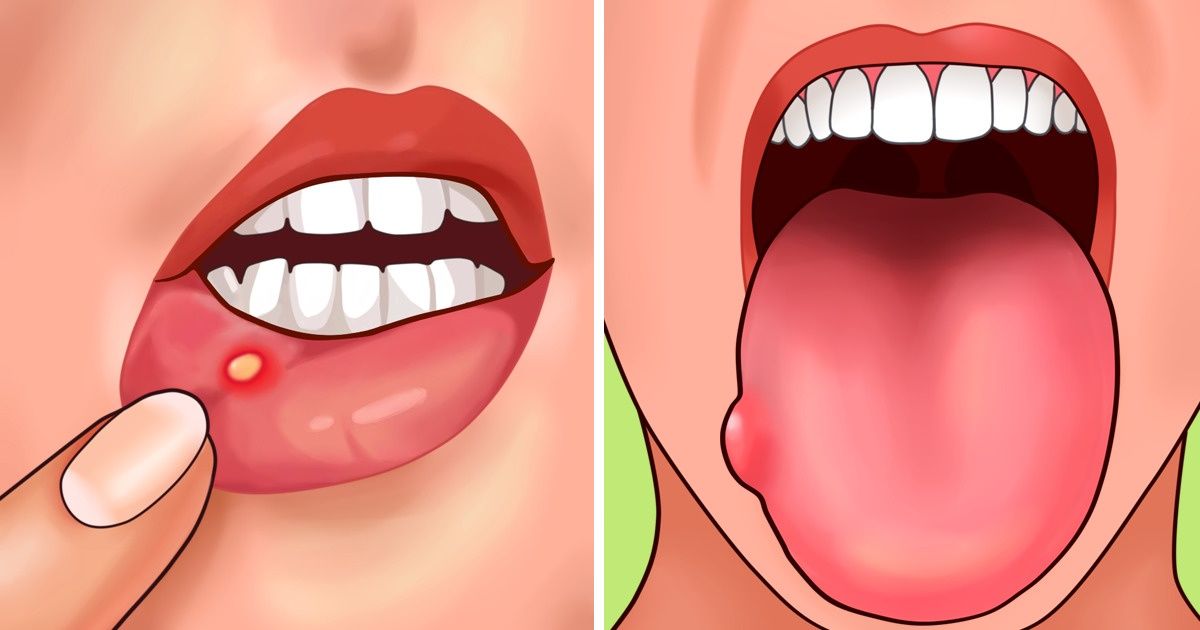
According to the Institute of Medicine in the US, adults should consume 400 micrograms of folic acid a day. This substance, also called folate or vitamin B9, is crucial for our health as it helps our body make and repair DNA and produce red blood cells. If your body lacks folate, you may suffer from certain symptoms and even develop anemia, a condition when your internal organs can’t get enough oxygen to work properly.
Bright Side made a list of the most common signs that show that your body needs more folic acid.
7. Cognitive problems
Folic acid is extremely important to your central nervous system. If your body lacks this vitamin, you may struggle with depression, have trouble concentrating, and feel forgetful and irritable. If not treated properly, an insufficient intake of folate may also increase the risk of developing serious disorders such as dementia or Alzheimer’s disease.
6. Body pains
In severe cases of anemia caused by folate deficiency, your brain gets less oxygen than it ideally should. In response, the brain’s arteries start swelling and you get a headache. However, your brain isn’t the only organ that lacks oxygen, so you can also feel pain in other parts of your iron-deficient body, especially in the chest and legs.
5. Pale skin
Hemoglobin, a protein contained in red blood cells, is responsible for transporting oxygen from your lungs to all of your body tissues. When your body lacks folate, you don’t have enough red blood cells (and hemoglobin) to provide your internal organs with the necessary amount of oxygen. This can result in feelings of muscle weakness, fatigue, numbness in your hands and feet, and pale skin.
4. Shortness of breath
If you notice yourself getting out of breath when doing things that you’d normally handle without any issues, this means that your oxygen levels are low because your body lacks red blood cells. Along with this symptom, you might also experience an increased heart rate and the feeling of dizziness, or even fainting.
3. Digestive problems
Such gastrointestinal symptoms as nausea, vomiting, stomach pain, and diarrhea after meals may be the first signs that your body lacks folic acid. Besides that, in severe cases, you may also suffer from anorexia which usually leads to significant weight loss.
2. Mouth sores and tongue swelling
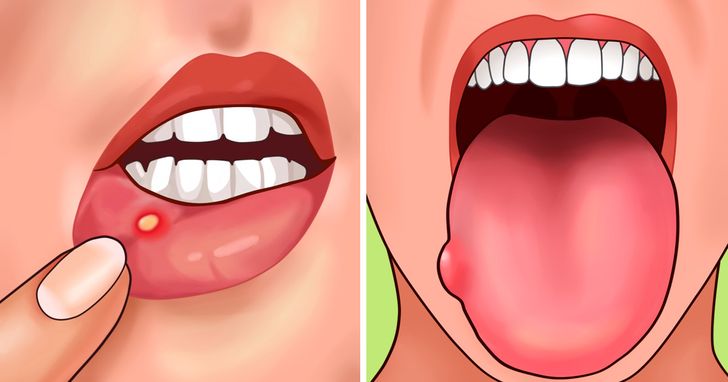
These symptoms usually occur when the lack of folate is quite severe, so you shouldn’t neglect them. Your tongue may look swollen, red, or shiny, usually around the tip and the edges at first. Due to the decrease in red blood cells, you may also feel pain when swallowing or suffer from a sore tongue and stomatitis.
1. Reduced sense of taste
According to some studies, in addition to mouth sores, deficiency in folic acid may result in having trouble tasting your food. It happens because your taste receptors, called papillae, can’t send messages to your brain via your nervous system due to the existing tongue problems.
Bonus: How to treat folate deficiency
The easiest way to resolve folate deficiency is through your diet. To keep an adequate folic status, you should eat more dark green vegetables like broccoli, Brussels sprouts, spinach, and asparagus. As for other foods, it’s better to consume citrus fruits, beans, mushrooms, and whole grains on a regular basis.
If you’ve noticed any of these symptoms, the first thing you should do is to see your doctor to confirm the diagnosis. Only after that should you start changing your eating habits.
Do you know any other ways to treat folate deficiency? Share your knowledge with us in the comments section below!
Comments
Related Reads
I Was Fired for an Intern — Karma Hit Fast

15 Times People Refused to Be Mean—And Kindness Proved More Powerful
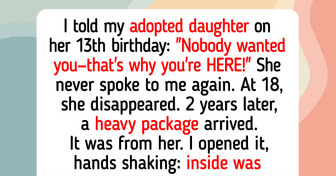
I Refused to Let Anyone Steal What My Dad Left Me, and My Mom Made It Worse

15 “How We Met” Stories Destined to Become Family Legends

I Refuse to Let My Stepson Disrespect Me, His Arrogance Cost Him Big

I Refuse to Be Treated Like a Servant in My Own Home, So I Had to Draw the Line
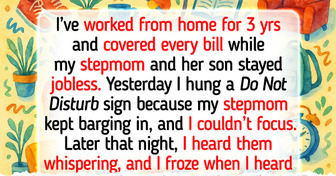
My Mom Forgot About Me Until She Needed My Help—I Turned the Tables on Her

I Refuse to Fund My Stepgrandson’s Education, I’m Not a Charity Foundation

I Refused to Talk to My Parents After They Chose My Ex-Wife Over Me

10 Stories That Prove Kindness Has Healing Power When the World Seems Unfair
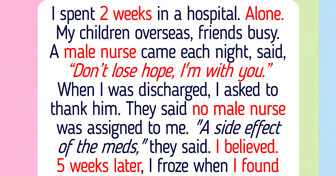
15 Quiet Moments of Kindness That Made the Biggest Impact
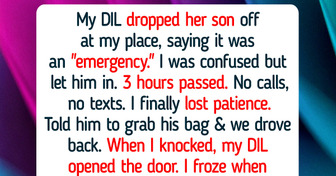
12 Moments That Teach Us to Stay Kind, Even When Life Becomes Heavy
